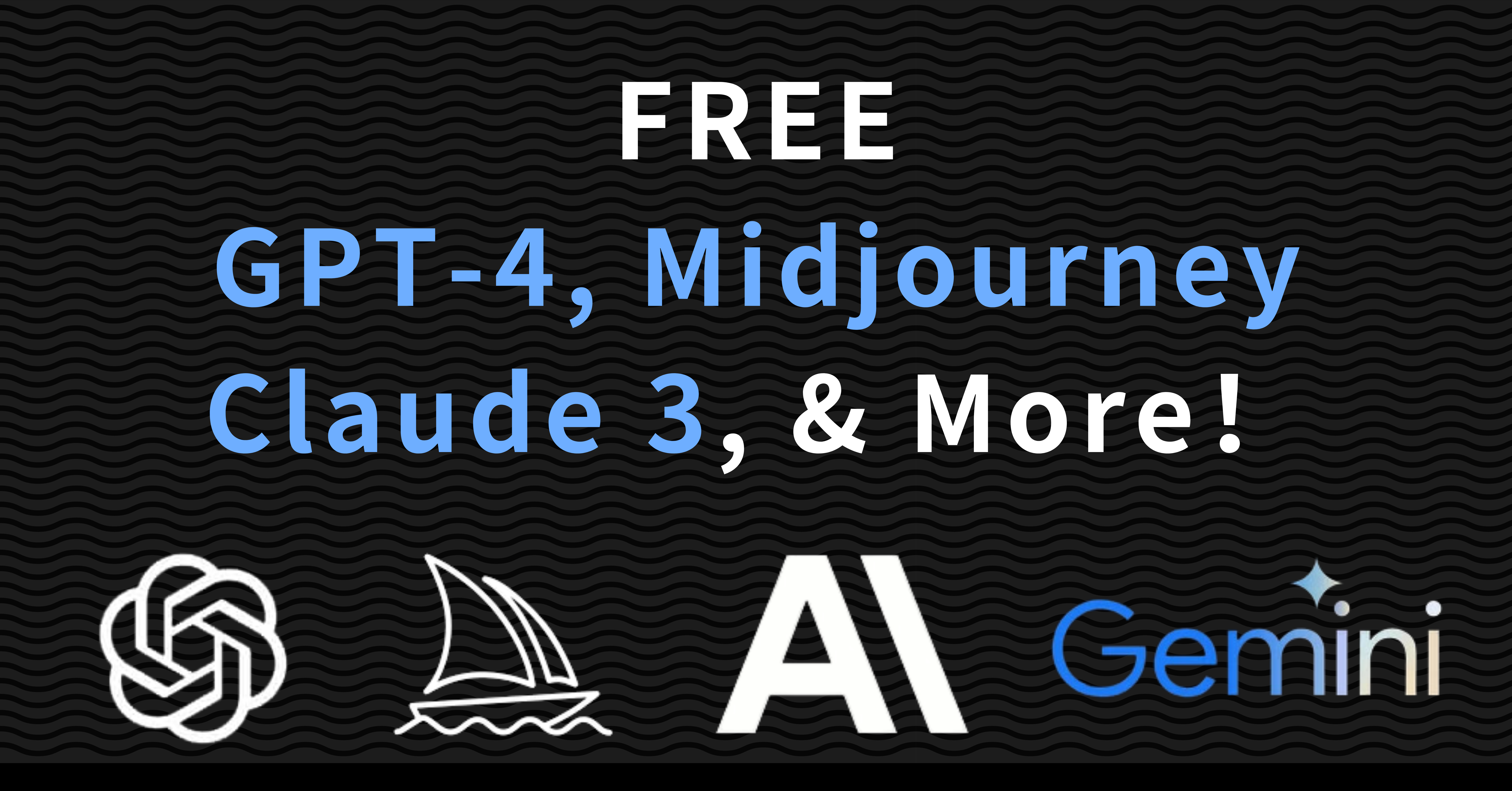Charting New Frontiers: The Implications of Uncensored AI in Society

As artificial intelligence (AI) evolves, its integration into society deepens, raising pivotal questions about ethics, governance, and the very fabric of human interaction. The concept of an uncensored ChatGPT brings to the forefront the dual notions of freedom of expression and the ethical quandaries posed by AI. This comprehensive discussion delves into how platforms like GlobalGPT are navigating these challenges, promoting responsible AI use while fostering a new era of AI-driven communication.
Exploring the Landscape of AI Conversations
Uncensored AI and Natural Language Processing
Uncensored AI, particularly in natural language processing (NLP), represents a breakthrough in how machines understand and interact with human language. By removing filters, AI like ChatGPT can engage in more natural and wide-ranging conversations. However, this also introduces risks such as the potential propagation of bias or harmful content. Balancing these aspects is crucial for ethical AI development.

Pay-as-You-Go:
Top Up from Just $1 Balance Never Expires
All-in-One: Access All Models in One Place
AI Total Data Privacy
Unlimited Usage Limitation
Accepts Fiat and Crypto Payments
The Role of GlobalGPT in Ethical AI Conversations
GlobalGPT, a platform known for its adherence to ethical AI standards, offers a balanced approach by providing advanced AI conversation tools that respect user freedom while ensuring safety and respectfulness in interactions. GlobalGPT's framework demonstrates how AI can be both powerful and prudent, adhering to strict ethical guidelines to prevent misuse.
AI Ethics and Governance
Navigating AI Ethics in Development and Use
The development of AI technologies must be underpinned by strong ethical foundations. Issues like AI bias, which can inadvertently arise from training data, require ongoing attention and mitigation. Ethical AI development involves designing systems that not only address these biases but also incorporate mechanisms for transparency and accountability.
AI Governance and Regulation
Effective AI governance is essential to ensure that the development and deployment of AI technologies benefit society while minimizing harm. Regulatory frameworks, such as those proposed by the European Union’s AI Act, are aimed at setting standards for high-risk applications, ensuring that AI operates within boundaries that protect citizens' rights and safety.
The Societal Impact of AI
Freedom of Expression in AI
The debate over freedom of expression in AI revolves around the tension between creating open platforms for dialogue and preventing the spread of harmful content. Uncensored AI can serve as a testbed for exploring these limits, offering insights into how AI might shape public discourse in increasingly digital societies.
Addressing Bias and Promoting Responsible AI Use
Bias in AI is a significant concern, particularly in uncensored environments. Initiatives like AI Now Institute focus on understanding and mitigating bias in AI systems, advocating for more responsible practices that ensure AI technologies are used for the public good.
Future Directions in AI Development
The Ongoing Evolution of AI and Society
As AI technologies become more sophisticated and integrated into various sectors of society, the importance of ethical considerations grows. The future of AI will likely see enhanced capabilities alongside refined ethical frameworks that ensure these technologies contribute positively to societal development.
Cultivating a Responsible AI Ecosystem
The development of a responsible AI ecosystem requires collaboration among tech companies, regulators, and civil society. By fostering dialogue and cooperation, we can ensure that AI technologies are developed and used in ways that respect human rights and promote social welfare.
Reflecting on the Path Forward in AI Ethics
As we navigate the complex landscape of AI ethics and uncensored AI, it is crucial to maintain a vigilant stance on the technologies we develop and the impact they have on society. Platforms like GlobalGPT exemplify the potential of AI to enhance communication and innovation while adhering to ethical standards that respect individual rights and societal norms.
Exploring the ethical implications of AI uncensored and how platforms like GlobalGPT are pioneering responsible AI use will provide valuable insights for those at the forefront of AI development and implementation.
See Also
Free Mastery of Claude 3 Opus: An In-Depth Manual
Free Access to GPT-4: A Detailed Tutorial
AI Empowerment: Unleashing the Potential of ChatGPT
